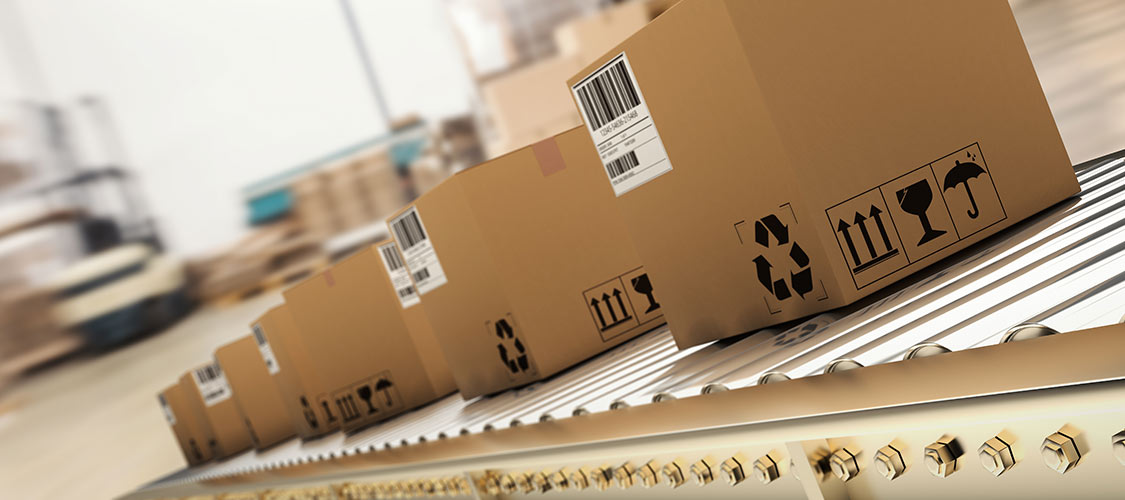The procurement team in an organization is one of the most underrated functions in any industry. They are on the front lines to get their teams the best quality product, from the most trusted suppliers, with the right specifications, adhering to impossible delivery schedules, at the cheapest possible costs. Most people (myself included) have no clue how it’s done. If you put me on the Price is Right for Procurement, I’d be the worst contestant of all time. If I had to play Cliffhangers (you know, the one with the yodeling mountain climber who falls off if you miss the price by too much) with IT hardware instead of Palmolive Soap, that yodeler would fly off the cliff on my first guess. Procurement professionals truly have to understand their buying industries with a higher level of expertise than almost anyone else in business.
So why, then, am I writing about the procurement process, for which I admittedly am a novice? Well there is an area of procurement that I have a lot of experience with that could use some attention: shipping.
What does shipping have to do with procurement you say? Everything. With any large procurement opportunity you will likely start out with a request from someone in your organization. “We need 50 servers with these specifications by November 15th, what are my options?” This is the siren song for any procurement person to get to work. They first find the 3-10 best manufacturers on the planet for these types of services. Then comes the detailed RFP to all qualified vendors. And after weeks or months of back and forth negotiations on price, terms, specs, and schedule a final company is selected to manufacture these 50 servers. A job well done!
But wait, how are we going to get the goods from where they are being manufactured to where they need to be? Were those costs discussed? Did we even think about this?
Unfortunately, for many organizations there is usually a choice from three unappealing options:
- Find someone within the organization’s logistics team to help find a shipping company and manage the shipment from pickup to delivery
- Look for a shipping company without any help from the logistics team and manage the process yourself
- Make the manufacturer responsible for getting the product to the final destination
But what’s the problem, all of these seem like viable options.
Each of these options has unintended consequences that are often overlooked:
- Finding someone within the company to help is often difficult, plus it takes up a lot of that person’s time and it may not truly be a part of their core responsibility.
- Finding a logistics company on your own may be easy, just call up one of the big shipping companies and get a quote! But if you’re not sending the right information out and getting bids from multiple companies for each project (like you did in your original RFP) then you’re not getting the best service and rates.
- And lastly, if you just make your manufacturer responsible for delivery, you often end up paying a much higher rate than you would have if you sourced the shipping costs on your own. And yes, this includes when the manufacturer says “shipping is free.”
So where do you go from here?
The solution is to use a third party logistics company who specializes in these types of shipments. With the right partner you can take the shipping costs out of your original negotiations altogether which really simplifies the RFP process while also dramatically reducing your overall costs. This previously ambiguous area can now become a source of reduced costs and greater control.
Above all else, you need an impartial 3rd party who is going to get you the best rates regardless of provider. Here are the qualities you should look out for when choosing one:
- Relationships with multiple top shipping companies
- An easy to use form to initiate a new shipping request
- A project management platform that provides detailed tracking information as well as simplifies the entire shipping process from end-2-end
- Experienced logistics professionals who are experts in handling “ad-hoc shipment”
If you find a company with these types of qualities, the benefits are numerous (we’ll discuss them in full in a subsequent blog).
More on the benefits of sole sourcing the shipping process in “Improving the procurement process without boiling the ocean (Part II).”






